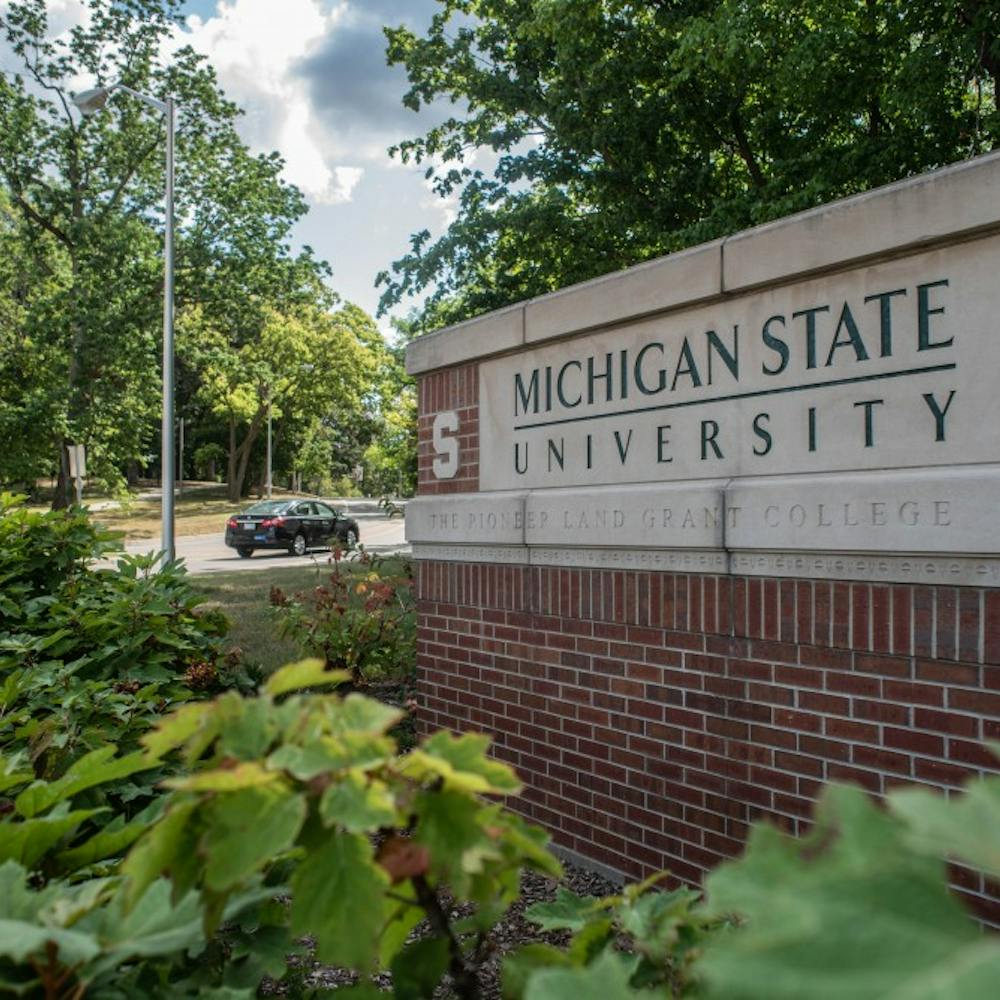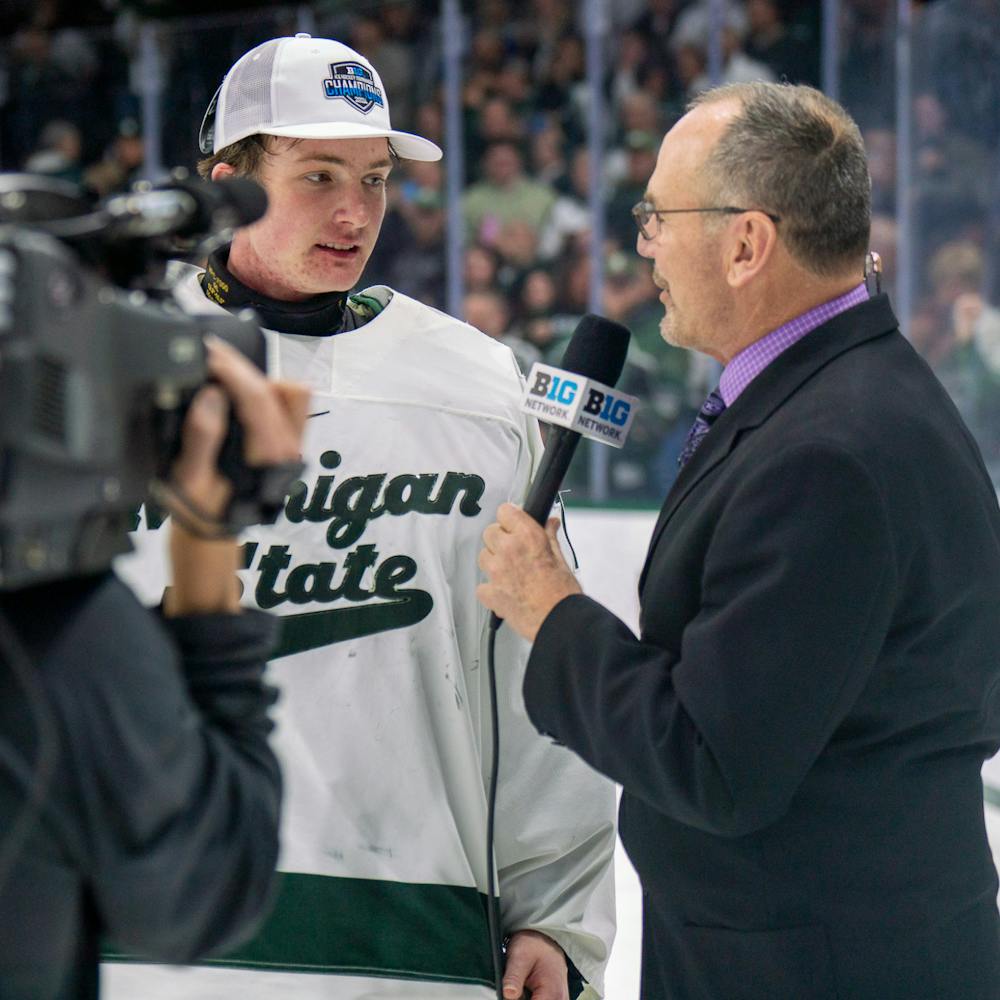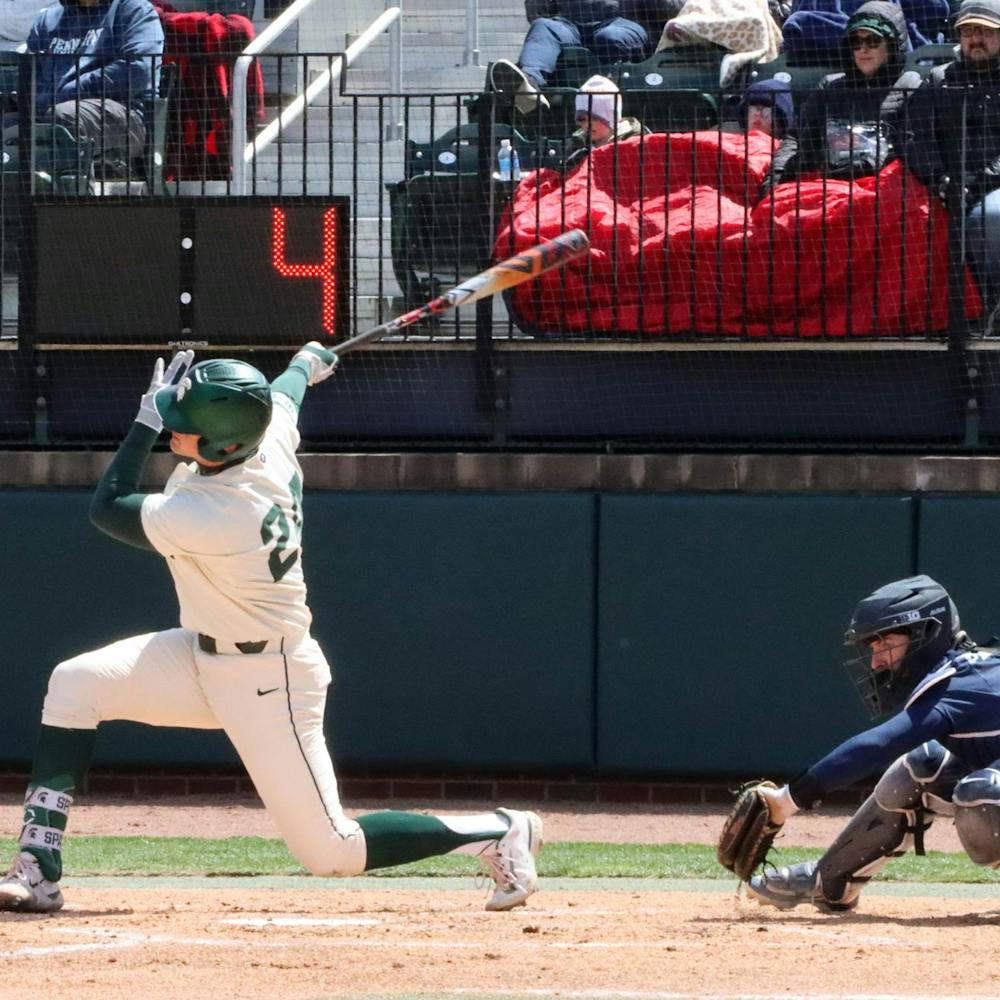World-renowned chamber musicians The Verdehr Trio will perform at 7:30 p.m. Wednesday at Wharton Center.
The Verdehr Trio is composed of MSU School of Music faculty members Walter Verdehr and Elsa Ludewig-Verdehr on violin and clarinet, respectively, and Western Michigan University professor Silvia Roederer on piano.
The State News talked to Walter Verdehr about the pieces commissioned for Wednesday's performance, the trio's innovative sound and how chamber music maintains its relevance in this century.
The State News: What is the definition of chamber music?
Walter Verdehr: Well, chamber music is usually music that involves two, to let's say, eight or nine players, the idea being originally it was played more in the home than in the concert hall. It's more intimate music than music written for a whole orchestra or band.
Why did The Verdehr Trio start the Summer Chamber Music Series?
Well, we played all sorts of concerts all over the United States and all over the world. We just started to tour in Europe and go to Asia in the early '80s, and nothing was happening during the summer, so we thought it would be nice to start a series during the summer.
Who are the composers from whom you've commissioned work from for this concert?
Well, some very interesting composers. One is from Poland (Pavel Sydor), another is from Israel (Yinam Leef), and the third is from Australia (Douglas Knehans).
Knehans' piece has an interesting inspiration. Could you explain it?
It's called "Rive," and actually, it was inspired when we were on tour in Australia. We played in Tasmania, at the conservatory in Hobart, and Tasmania, you know, is a beautiful island, and it's also famous for, I think every school child knows about, the Tasmanian Devil.
And so all three of us went to one of those wildlife preserves, and we watched those little devils. And they are little; they're small, they look like a pudgy pug dog. So they look pretty harmless, but they warn you not to put your hand in the enclosure.
We were there at feeding time, and once they started feeding, they started fighting and arguing and they have this incredible shrill scream; you wouldn't believe such a small animal could make such a noise.
So we asked this composer, who's the director of the conservatory there in Tasmania, if he could invent some sort of tone poem describing the Tasmanian Devil.
So he did and this word, "rive," means to tear apart. You know the animals, whatever they find, they tear it apart with their teeth.
Is the piano-violin-clarinet combination common in chamber music?
It didn't used to be when we started. As a matter of fact, it wasn't considered a bona fide chamber music group; it was just considered kind of ad hoc because there wasn't enough music written for it.
There were about five important pieces. And so we built on that, and we've commissioned about 200 works now.
Is that why your CD and video series is entitled "The Making of a Medium"?
Yes, exactly. And I'm glad to say that many of our pieces have caught on. We've been lucky enough to get some of the most famous living composers — of the past century and of the present time — to write for us. And there are more and more groups like ours springing up in Europe and in America.
How does chamber music remain relevant in the 21st Century?
You know, it's a way of expression. I'm always amazed how many young people go into music; they want to be musicians, they love music, and so they want to play chamber music, and people want to hear chamber music. The music speaks to people; if you listen to it, if you get to know it, sometimes you don't understand it on first hearing, but if you familiarize yourself with what's happening, it starts to speak to you. And chamber music is maybe geared to a more personal level than bigger scale music.
Tickets for the performance are $8, $6 for seniors, free for students and those 18 and younger and are available at the MSU School of Music, (517)353-5340 or Wharton Center, (517)432-2000.





